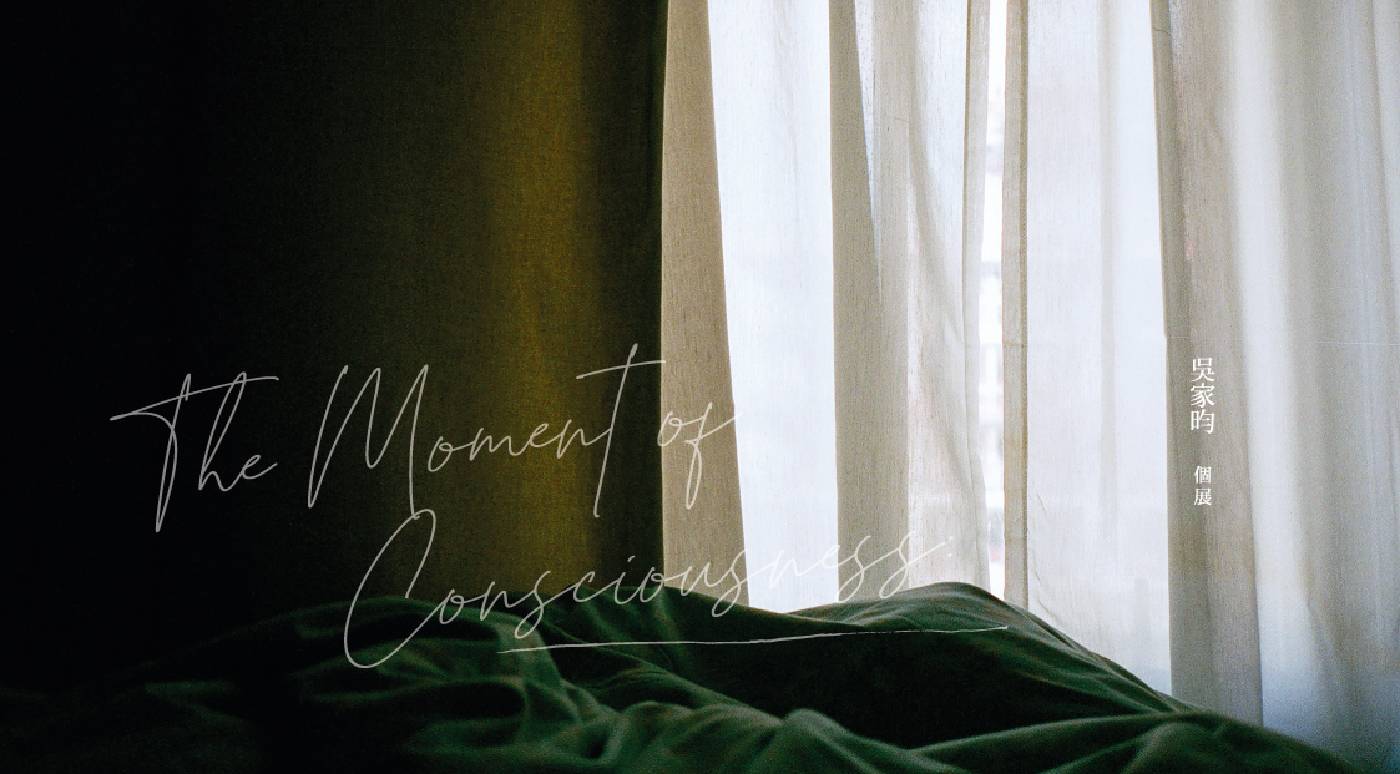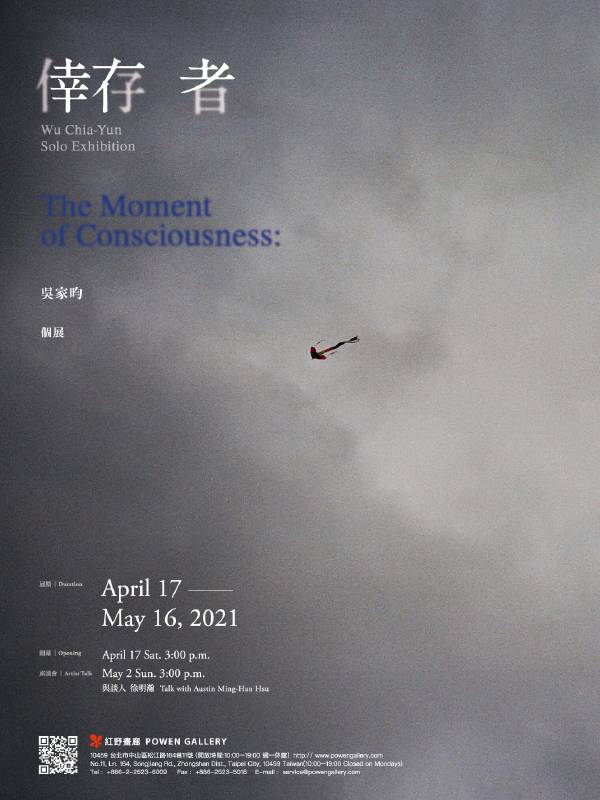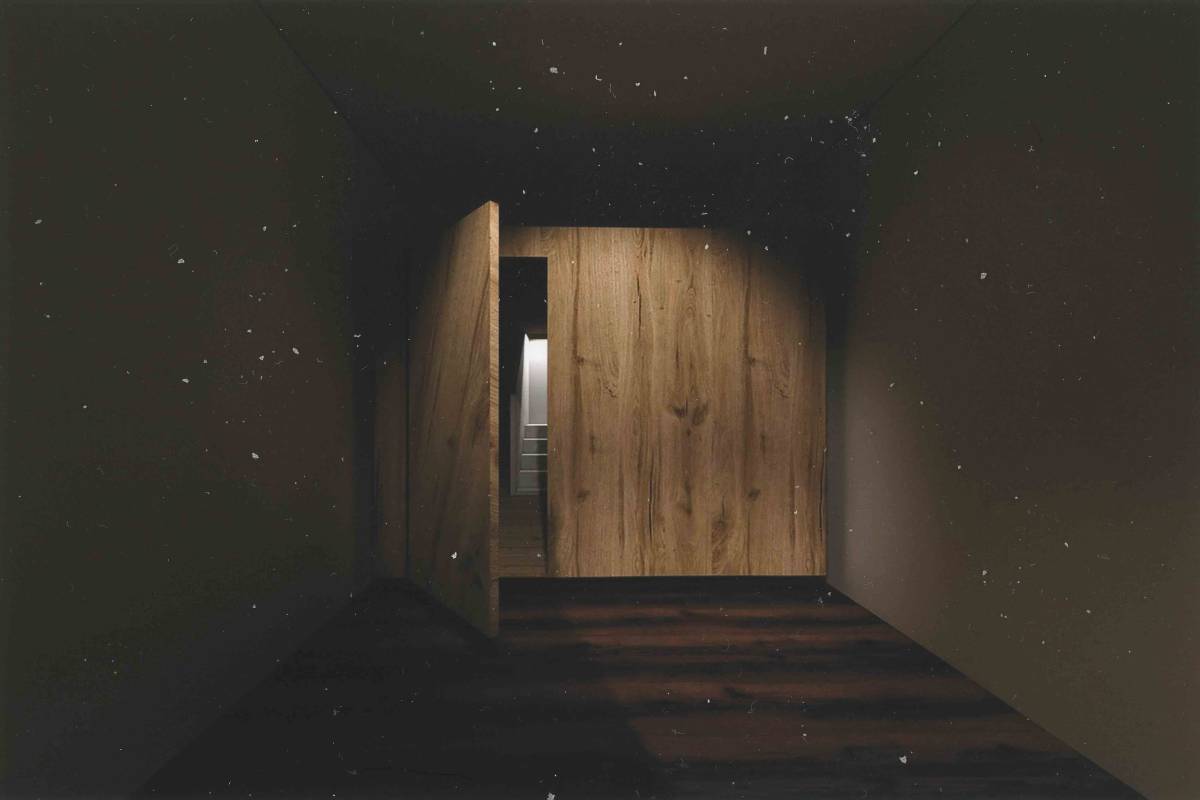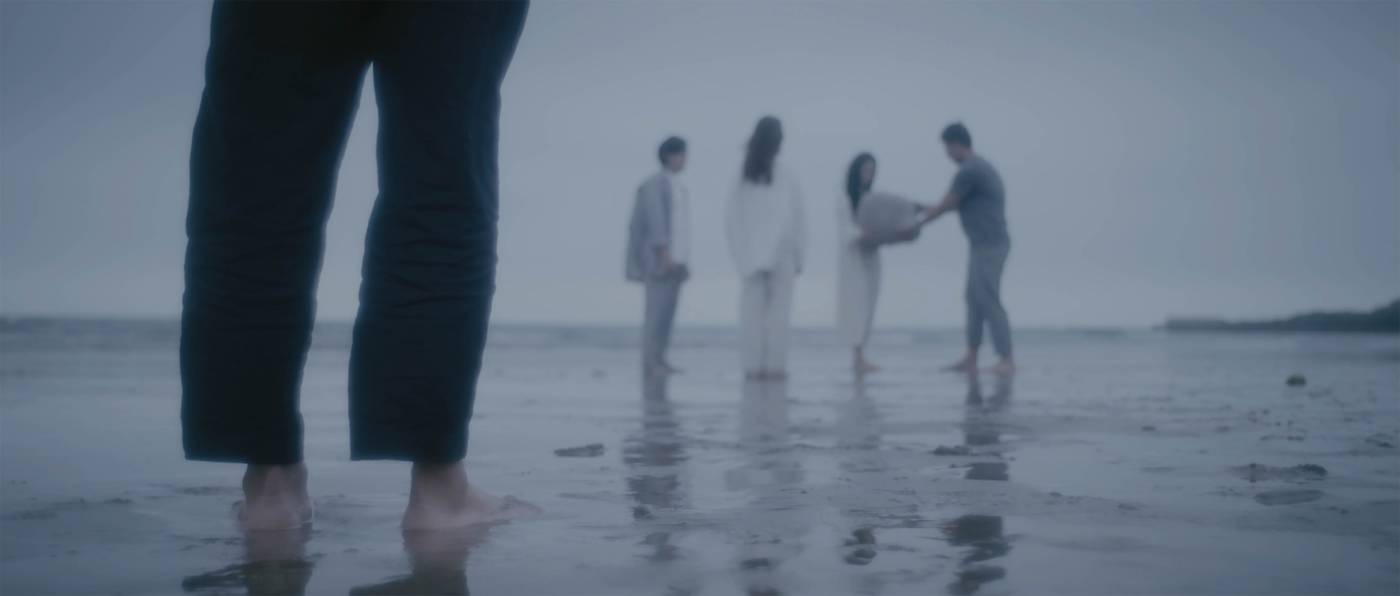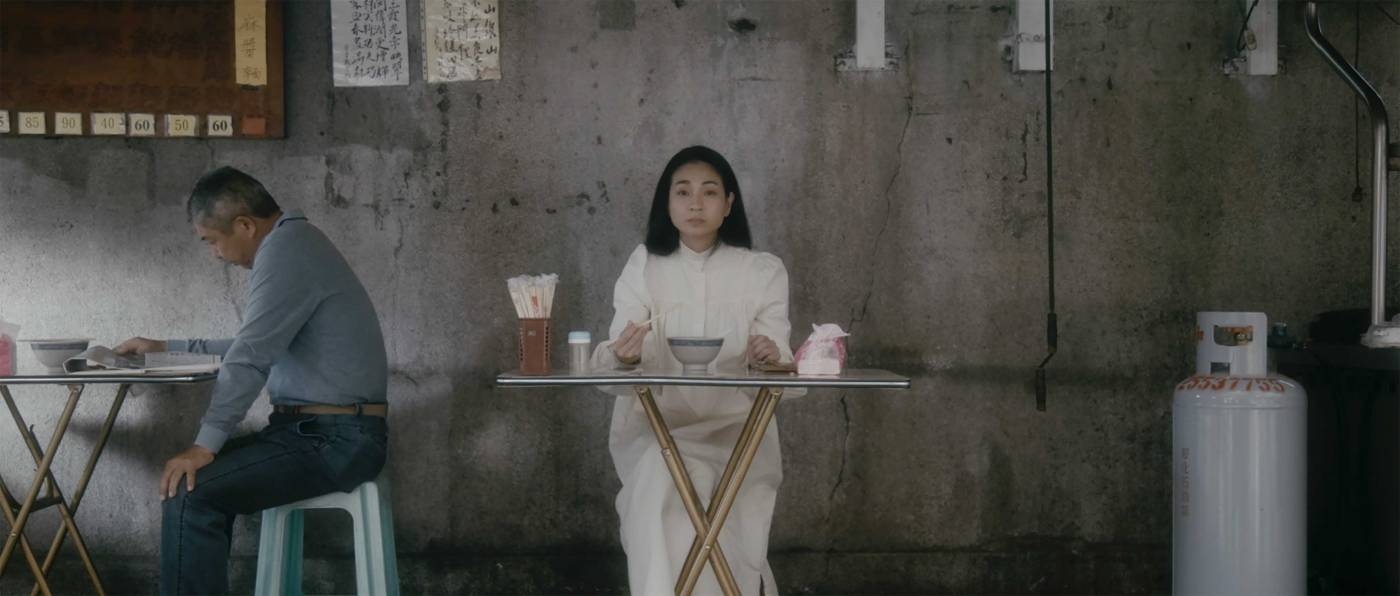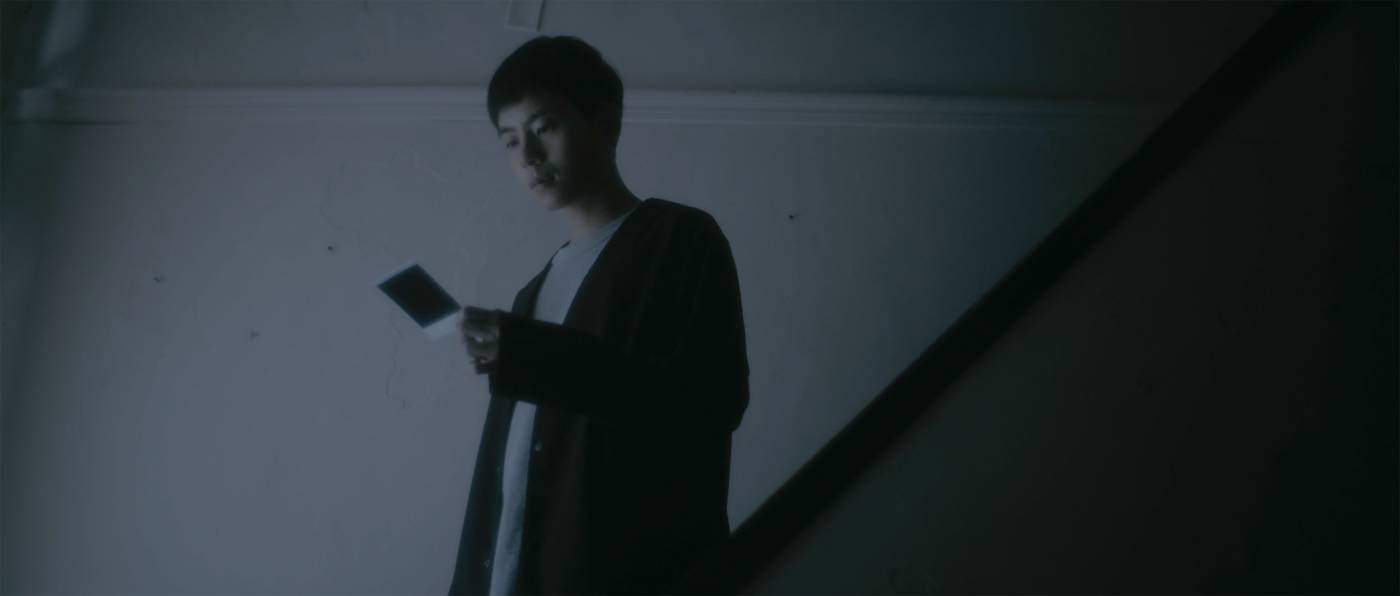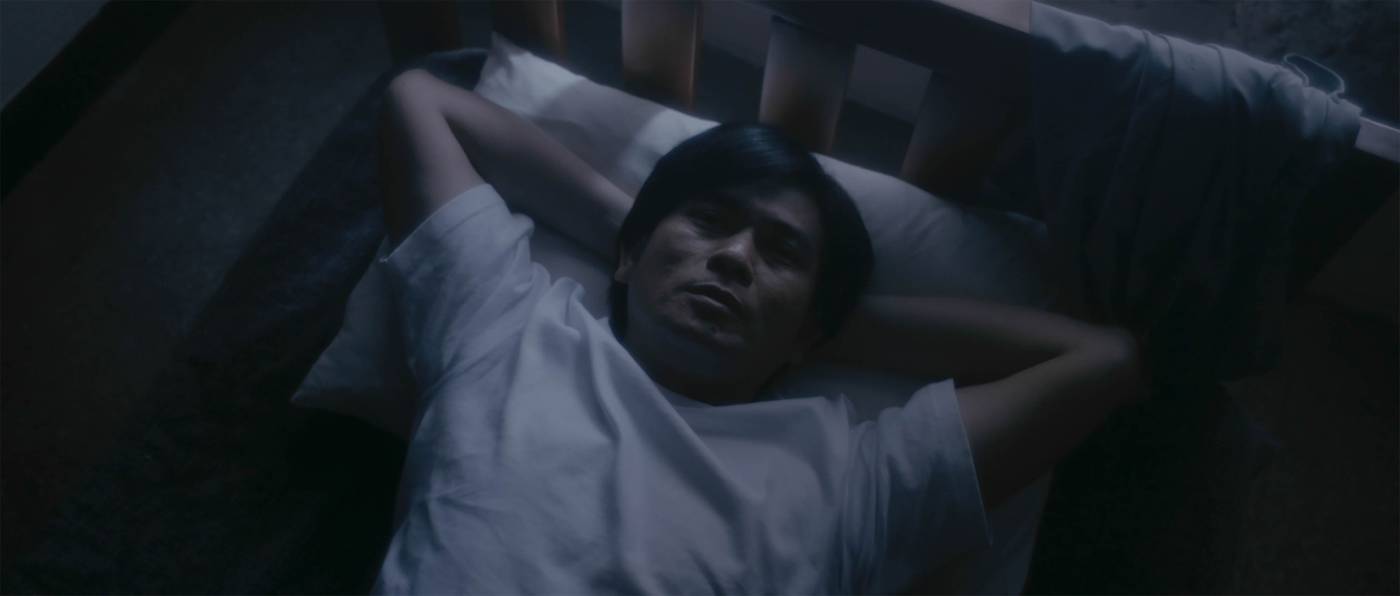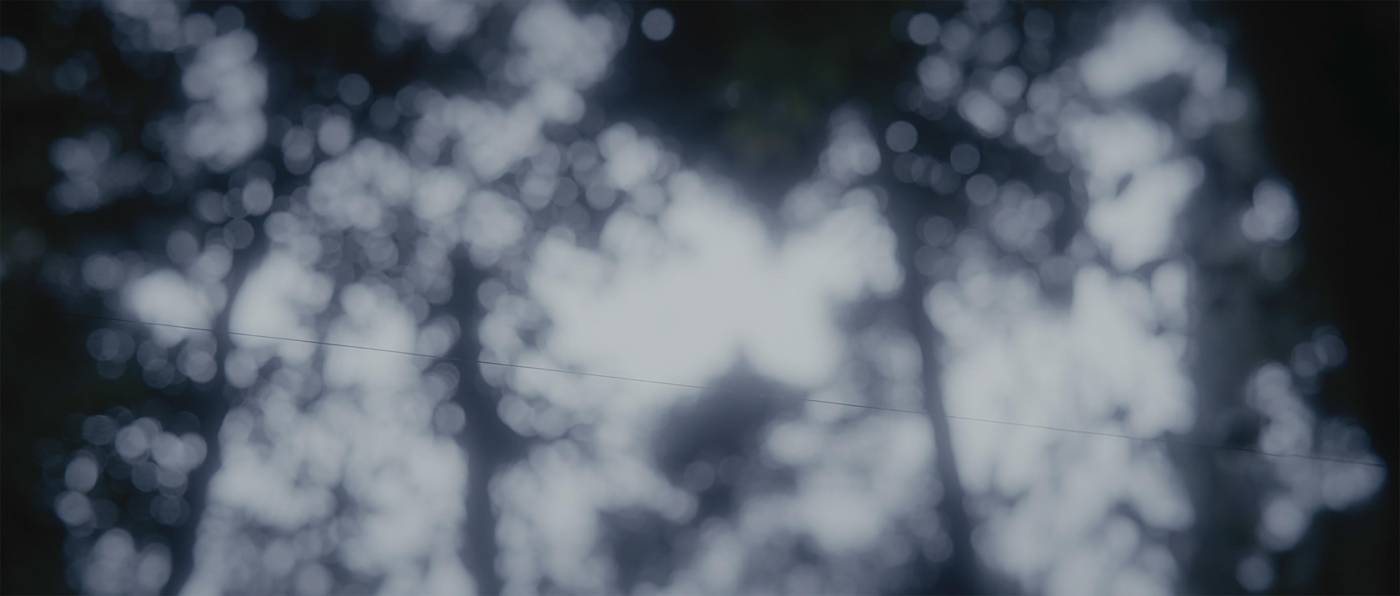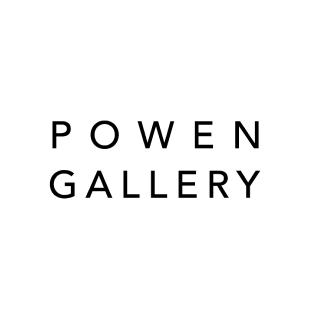紅野畫廊
【倖存者 : 吳家昀個展】The Moment of Consciousness: Wu Chia-Yun Solo Exhibition
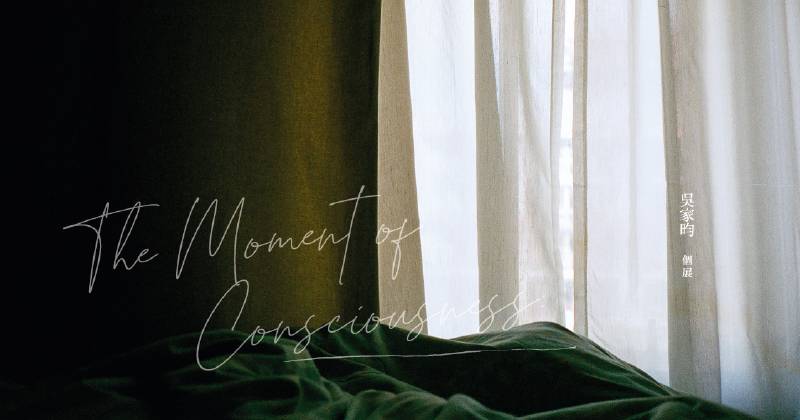
-
展期
日期:2021-04-17 ~ 2021-05-16
-
地點
台北市中山區松江路164巷11號
-
參展藝術家
吳家昀 Wu Chia-Yun
-
倖存者:吳家昀個展
The Moment of Consciousness: Wu Chia-Yun Solo Exhibition
藝術家 Artist | 吳家昀 Wu Chia-Yun
展期 Duration | April 17 – May 16, 2021
開幕 Opening | April 17 Sat. 3:00 p.m.
座談會 Artist Talk | May 2 Sun. 3:00 p.m. 與談人 徐明瀚 Talk with Austin Ming-Han Hsu
地點 Venue | 紅野畫廊 Powen Gallery(台北市中山區松江路164巷11號,10:00-19:00 週一休館 Closed on Mondays)
在普遍的東方信仰中,我們相信死者與生者的世界交疊著,只是無法觸視彼此,而鬼魅不過是死去的人,有陽間故有陰間。依循如此認知,我總相信有天會與離去的親人再次相見以彌補陽世的遺憾,然而,關於死亡,人類渺小的一無所知。卡繆指出,只要期盼宗教對來世帶來的寄望,人們似乎就可以解決煩惱,但這種寄望使人接受命運,像是反覆推著巨石的薛西弗斯。作為相信輪迴的佛教徒,我認為自己即是薛西弗斯,如以道家的無為觀點來看,「存在」本身卻與卡繆所言同是荒謬的,唯有不受限於「意義」的活著才是真理。反之,若以悲觀視角相對,生命本有終點,生者也許才是暫存的「未亡人」,而生與死的距離究竟遙遠或親密?靈魂旅程又通往何處?《倖存者》試圖以非生非死的中性狀態觀看世界,藉由哲學對生命的辯證以探問死亡,進而洞見自身存在的意識。
當巨石從山峰滾回山底,那是個有意識的時刻。此展由宿命與循環的意象延伸出電影錄像、複合媒材與雕塑,於紅野畫廊之白盒子現地製作一空間裝置。當創作從體制外的場域進入學術空間、美術館或藝廊,我經常檢視起作品的文本、質感甚至形式能否被看待為藝術品而困於「意義」之中,故計畫「重建藝術空間」並「重擬藝術品的型態」,反思「藝術展示」的本質以探見可能的其他維度。經由錯置影像載體與作品包材、並置畫廊物品及施工廢材、延伸且隔絕畫廊空間,將展覽構築成意識主體以觸及存在的邊界,邀請觀者感知「在人世/地球/物質界的時光」,開啟無垠的內在境地。
【關於藝術家】
吳家昀生於1988年,畢業於英國皇家藝術學院視覺傳達研究所及國立臺灣藝術大學電影碩士班。他的創作專注於劇情電影的製作及研究,為探索影像的可能,亦開啟了跨媒材及形式的實驗和實踐。作品包含電影、複合媒材及影像裝置,關注「人的狀態」和「影像時間」,以詩的語彙穿越敘事和非敘事的邊界;為探究影像的本質,經常將媒材的特性轉化為作品本身,思考物質與影像的關係,持續以哲學思維呈現生命觀察。
曾獲文化部MIT新人推薦藝術家、高雄獎首獎,於國立臺灣美術館時光天井個展;作品入圍德國歐洲媒體藝術節(33th European Media Art Festival)、法國國際相會影展(Rencontres Internationales Paris/Berlin),獲邀參展西班牙放映機錄像藝術節(12th Proyector Festival de Videoarte);電影典藏於法國歐洲獨立電影頻道(The European Independent Film Channel)。
—
In popular Eastern belief, we believe that the worlds of the living and the dead overlap one another; it’s just that we cannot touch or see the other world. Ghosts are nothing more than people who have died. As there is a Yang (the world of the living), so there must also be a Yin (the world of the dead). In line with this understanding, I have always believed that, some day, I will again see those dear to me who have passed on; we will make up for the regrets left over from the Yang. However, our human understanding towards after death is nothing. Albert Camus said that, so long as we maintain the hope that religion brings for the next life, human can resolve almost anything that troubles us; but this kind of hope causes one to passively accept fate, like Sisyphus eternally pushing the giant rock. As a Buddhist who believes in karma, I consider myself to be like Sisyphus. Viewed in terms Daoist philosophy’s concept of “wu-wei” (doing without doing), “existence” is none other than what Camus called it: absurd. The truth of life is to live without the constraints of “meaning”. However, if one takes a pessimistic position, life always ends; the living may only be the temporarily “not yet dead”. So, then, is there a vast gap between life and death, or are they intimately intwined? Where does the ghost go on to its journeys? The Moment of Consciousness attempts to view the world from a state of neither life nor death; using philosophical inquiry about life, the exhibition probes questions about death, and gives insight into the meaning of the existence of the self.
When the giant rock tumbles back down the mountain, that is a moment of consciousness. If life is a tragedy, then because we are “conscious” of our life, while we are in pain, we are simultaneously also the masters of our fates. So the question is why are we searching for the meaning of life in the sufferings? Based on symbols of fate and karma, this exhibition extends into film, mixed media, and sculpture, to create a site-specific installation within the white cube of Powen Gallery. Through recreating the art space and reconstructing the definition of artworks, the works reflects on the essence of art exhibition to explore other potential dimensions. Viewers are invited to perceive “the living world / the earthly world / the material world”, and to raise the consciousness of the present.
【About the Artist】
Wu Chia-Yun (b.1988, Taiwan) received an MA degree in Visual Communication from the Royal College of Art (London) and an MFA degree in Motion Picture from the National Taiwan University of Arts (Taipei). She is an artist and filmmaker based in Taipei, her work is a mixture of image, video, mixed media and installation, focusing on the topics of “human condition” and “the time of image”. Wu explores the possibilities of images with the use of poetic languages, blurring the boundary between narrative and non-narrative. To study the essence of image, she often transforms the property of the materials into her work by craftsmanship; and through examining the relationships between material and image, she reflects her observation towards lifetimes from the perspective of philosophy.
Wu has been awarded as Emerging Artist Made in Taiwan by the Ministry of Culture (2017), First Prize of Kaohsiung Awards by the Kaohsiung Museum of Fine Arts (2019) and has had a solo exhibition at the National Taiwan Museum of Fine Arts (2019). Her works have also been internationally selected to the Rencontres Internationales Paris/Berlin (2021), European Media Art Festival (2020), Proyector Festival de Videoarte (2019) and collected by The European Independent Film Channel (2015).
